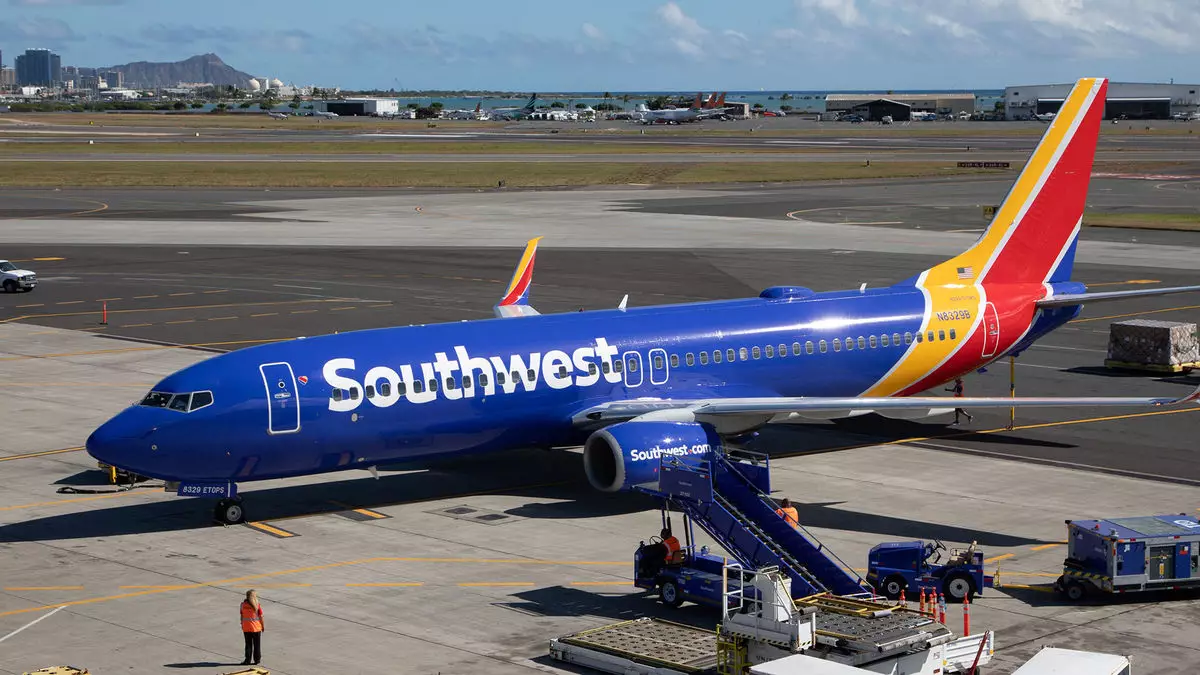The recent political landscape has significant implications for organizations aiming to foster diversity, equity, and inclusion (DEI). Southwest Airlines, a well-known player in the aviation industry, faces a distinct challenge with the new administration’s approach to social equity initiatives. CEO Bob Jordan has expressed a commitment to uphold a DEI culture within the company. However, the implications of President Trump’s executive order, which put a halt to various federal DEI programs, create a cautious environment for corporate leadership.
The executive order’s focus on dismantling DEI efforts in federal agencies does not extend to the private sector but raises questions about potential repercussions for companies that persist in championing such initiatives. Southwest, typically regarded as a progressive employer, must now navigate this intricate landscape, balancing its longstanding DEI commitments with a more scrutinizing regulatory atmosphere.
Recently, the airline has made headlines due to the resignation of Juan Suarez, its former vice president of DEI. His decision to rebrand his position to vice president of corporate citizenship and chief inclusion officer may reflect a broader shift in corporate strategies regarding inclusivity. This rebranding could indicate an adaptive response to external pressures while attempting to maintain core values centered around inclusion.
Jordan, during the fourth-quarter earnings call, acknowledged this period of uncertainty, highlighting that “there’s a lot of questions about the flurry of executive orders.” This admission speaks to the complexity companies face in aligning their internal policies with external political realities. It underscores the need for a resilient DEI strategy that can withstand not only internal changes but also fluctuations in governmental attitudes toward such initiatives.
As the political environment evolves, organizations such as Southwest Airlines may assess and reshape their approach to DEI principles. The leadership’s dedication to evaluating necessary adaptations in response to executive orders and broader corporate governance is crucial. Jordan’s reflection on his 37 years with the company evokes a sense of tradition but also hints at a willingness to evolve alongside societal expectations.
Yet, the challenge lies in ensuring that DEI initiatives are not simply performative but are integrated into the fabric of the company’s operations. It involves crafting a strategy that not only survives but thrives despite potential political hurdles, reaffirming its commitment to creating an inclusive environment. This balance is vital for employee morale and public perception, which play significant roles in the airline industry.
Looking ahead, Southwest Airlines must tread carefully within this new political paradigm. The airline industry, characterized by fierce competition and a diverse workforce, stands to benefit greatly from robust DEI practices. However, these efforts must align with a broader vision that resonates with employees and customers alike.
Ultimately, while external pressures may pose challenges, they also present opportunities for re-evaluation and growth. By fostering an authentic culture of diversity, equity, and inclusion, Southwest can emerge as a leader not only in the skies but in social responsibility, setting a benchmark for the industry in these turbulent times.


Napsat komentář